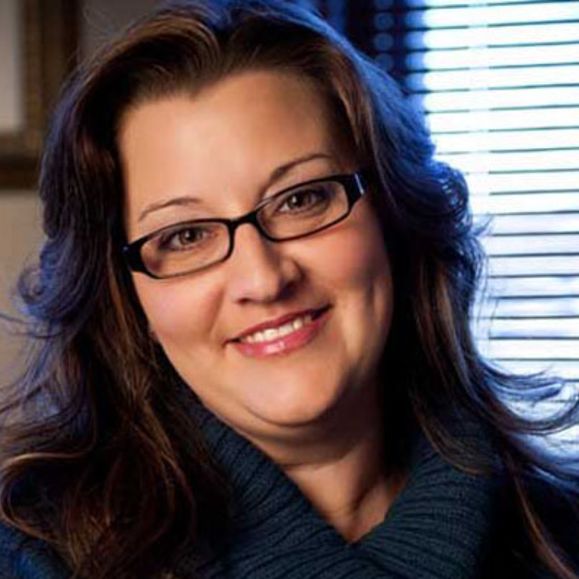Several evidence-based therapies can reduce or even eliminate phobic responses. The most effective include:
Cognitive Behavioral Therapy (CBT)
CBT for phobias is one of the most widely used and effective treatments. It helps you:
- Understand the connection between thoughts, feelings, and behaviors
- Identify irrational beliefs about the feared object or situation
- Challenge and reframe those thoughts
- Learn new coping strategies
Exposure Therapy
A key component of CBT, exposure therapy for phobias involves gradually and safely facing the feared object or situation in a controlled way. Over time, this reduces the fear response and builds confidence.
Exposure might start with imagining the situation, then looking at photos, and eventually facing the real thing—always at a pace that feels manageable.
Hypnotherapy
Some individuals find relief through hypnotherapy for phobias, which uses guided relaxation and suggestion to explore the subconscious causes of fear and build new, more adaptive responses. Hypnotherapy is best used as a complement to traditional therapies, not a standalone treatment.
Medication
In some cases, medications such as beta-blockers, anti-anxiety drugs, or antidepressants may be used short-term to manage symptoms, especially when therapy is just beginning. However, therapy tends to offer longer-lasting results.
Working with a phobia therapist will help you determine the right combination of tools for your situation.













